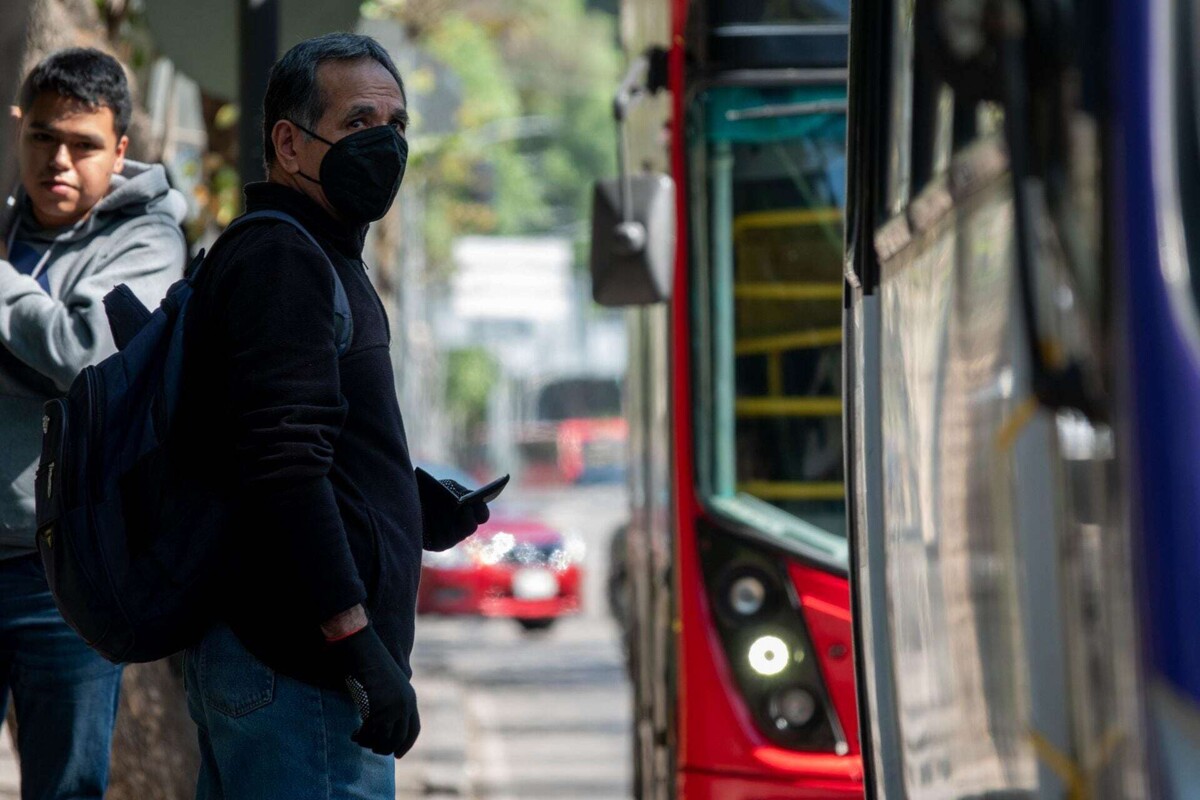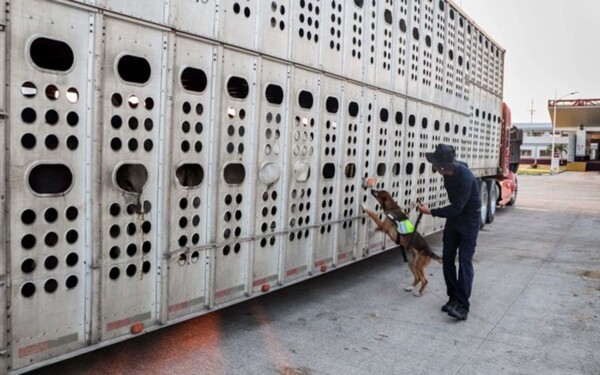
In Mexico, the Secretariat of Health has issued an alert due to the increase in whooping cough cases in the country. Since 2020, with the onset of the COVID-19 pandemic, there had been a decrease in whooping cough cases. However, starting in 2023, an increase in cases has been observed, with 188 initial reports, reaching 463 cases last year and 120 cases so far this year. It is estimated that the numbers could exceed those of previous years and approach levels of 900 infections recorded between 2016 and 2019.
Health authorities have requested to strengthen monitoring, especially in children, due to the risk this respiratory disease poses. There has been a call to intensify vaccination against whooping cough, particularly in areas of the country with higher incidence of cases. It is crucial to accelerate vaccination, as, in many cases, the diagnosis of whooping cough arrives too late for antibiotic treatments to have maximum effect.
Whooping cough, also known as pertussis, is caused by the highly contagious bacteria Bordetella pertussis, which primarily affects the upper respiratory tract. The disease is characterized by violent and uncontrollable coughing. It is divided into several stages, from transmission to convalescence, and symptoms can last up to two months.
Common symptoms of whooping cough include runny nose, congestion, sneezing, and mild cough, which can be confused with those of other respiratory illnesses. Some warning signs that would indicate the need for medical attention include pauses in breathing in babies, severe cough after one or two weeks, fever, and difficulty breathing. Complications of whooping cough, if not treated in time, can be serious and include pneumonia, seizures, brain damage, and even death.
The most vulnerable groups to whooping cough are children, especially those under one year old, whose defenses are lower. Although adolescents and adults generally have a positive prognosis, individuals with chronic diseases or older adults are also at risk of complications from this illness.
To date, 120 cases of whooping cough have been reported in Mexico, with a higher incidence in states such as Nuevo León, CDMX, Aguascalientes, Oaxaca, and Edomex, among others. Some states have reported fatality rates, with CDMX, Campeche, Chihuahua, Oaxaca, and Nuevo León being the states with the highest mortality rates from this disease so far this year.













